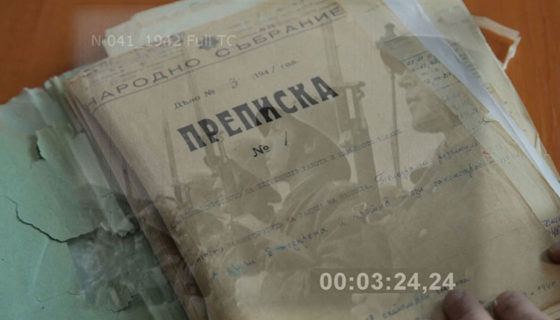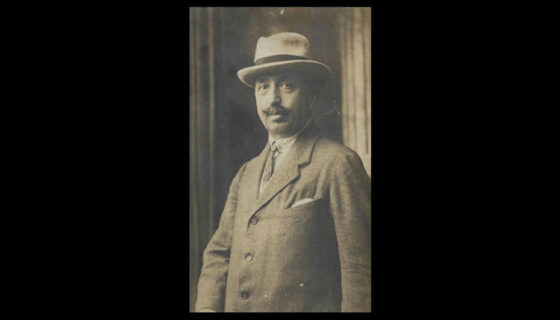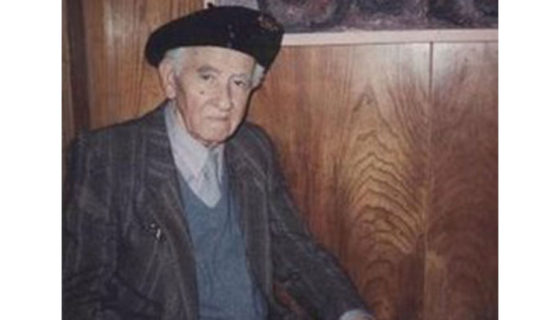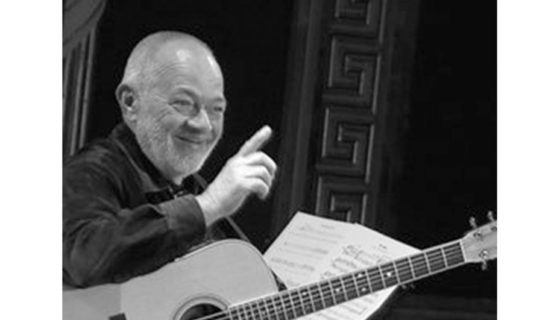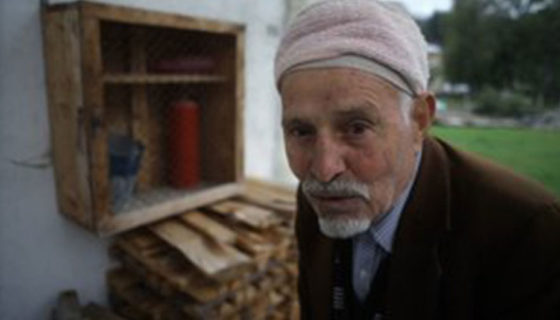Documentary films
- Carlos is a Flemish, who comes from a long family line of shepherds. After losing his pastures in the Pyrenees, he arrives in Bulgaria with his 240 cows. He doesn’t speak a word of Bulgarian, but he firmly believes in the power of his own strong and initiative personality. Yet, he is not prepared to face the unprovoked hostility of the locals in the village of Leskovets. It’s no go! Carlos is forced to leave and cross the country. At long last he finds his paradise in the village of Strandja.
- The work deals with the figure of Ivan Stoianovich (Angeleto) and his role in Bulgaria's history. He was a revolutionary, a public and political figure, director of posts and telecommunications, a nihilist by occupation, and a courtier deep in his heart. He lived in the turbulent early decades of the twentieth century with their heated political disputes, two world wars, and all sorts of ups and downs. He died on 14 February 1947, telling his dearest and nearest two days earlier: ‘You'll spend your life sousing in a cocktail of venom, envy and mainly, ignorance. Ant that is why, bidding my farewell to life, I pity you.'
- pedagogue, publicist, winner of the herder Prize academician Marin Goleminov. The film reveals his arduous road of a great artist and a dignified Bulgarian in the difficult times of the crucial for his homeland and for the whole of Europe 20th century.
- Plovdiv is the dominant theme in this documentary about the artistic past of the city and particularly, of that of the Old Town. Bulgarian jazz musician Ognian Videv is among the last and undoubtedly, most renowned Plovdiv Bohemians along with the departed artists, musicians, poets, writers and actors such as Atanas Krastev, alias Nacho Culturata; Georgi Bozhilov – Slona; Katia Paskaleva, Dimitar Kirov, Georgi Boiadjiev – Boiadjana. He is indelibly related to Plovdiv. The musician declares his love to his guitar; his memories evoke moments of the reality and of the past. Music makes us think about ourselves and how fleeting life is.
- Immediately after 1989, years of great disappointments and problems followed, as seen through the eyes of the people from Belitsa, who are well aware of the failings of the new powers that be, neither do they forgive "the old good days“ under Todor Zhivkov; they fight and accept the facts philosophically.
- In the day-to-day life in a small village of Ribnevo in the Rhodope mountains the traditions, religious rites and morals of two worlds – Islamic and Christian coexist peacefully.
- In 1977 aboard the Voyager space shuttle greetings in various languages and selected pieces of music, including a performance by Bulgarian folklore singer Valya Balkanska, were launched into deep space. I then started wondering what would happen, if a bunch of extraterrestrials came to Earth just to hear Valya Balkanska perform live. That was how the idea for this film originated. With the tragic death of Andrzej , our friend and producer, it lost any sense. But then, amidst the hopelessness and the grief, a new idea emerged: the story of Orpheus, who descended into the Kingdom of hades to bring his dear Eurydice back to daylight again.
- The largest river in Europe, the Danube, takes its sources from Germany and, after crossing 8 European countries, flows into the Black Sea. Virtuoso musicians from the countries along the Danube met onboard a ship. They sailed upstream in order to play the music springing from the native customs and traditions of their nations. In the language of music they managed to efface the boundaries, either actual or imaginary, which still exist in the minds of people.

